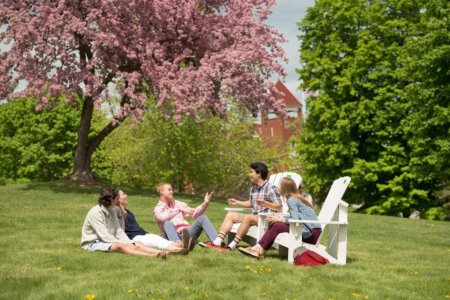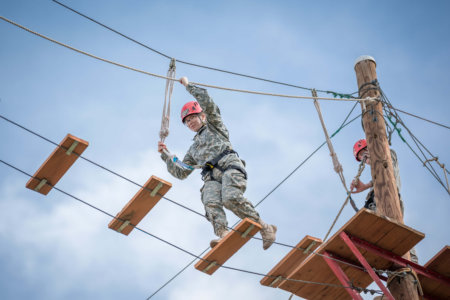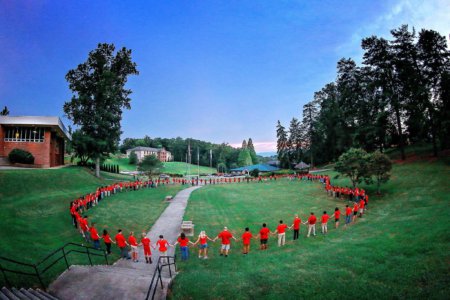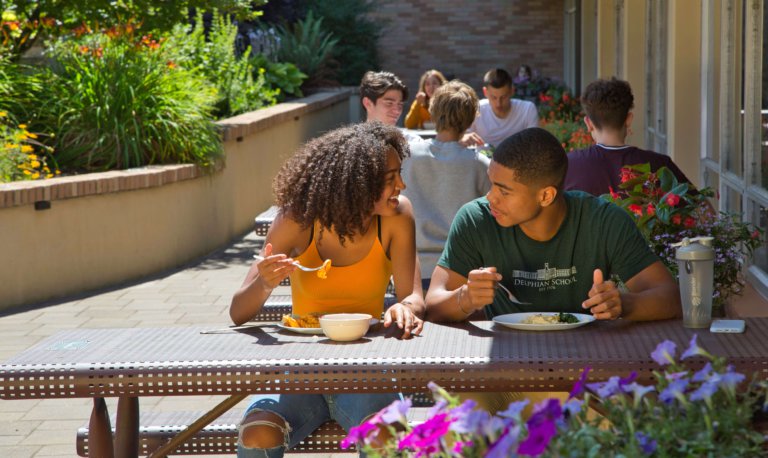
As former US President John F. Kennedy said, “We must think and act not only for the moment but for our time.” The best boarding schools today nurture students into young adults that best exemplify this wisdom.
Here, you’ll find students reading, writing, completing essays and encouraging others to do the same. Robust investment into co-curricular programmes and support staff complement what they learn in classrooms.
All of this prepares them to instigate and execute actionable plans that positively serve their country, organisations and communities in the future. This is what shapes them into resilient young adults.
Many boarding schools have been found to serve as a crucial bridge, not just to university, but to fulfilling careers and lives too. Eighty-seven percent of boarders say they are more prepared for college, compared to their public school counterparts. Here are three boarding schools in the US setting up their students for a new world:
Delphian School
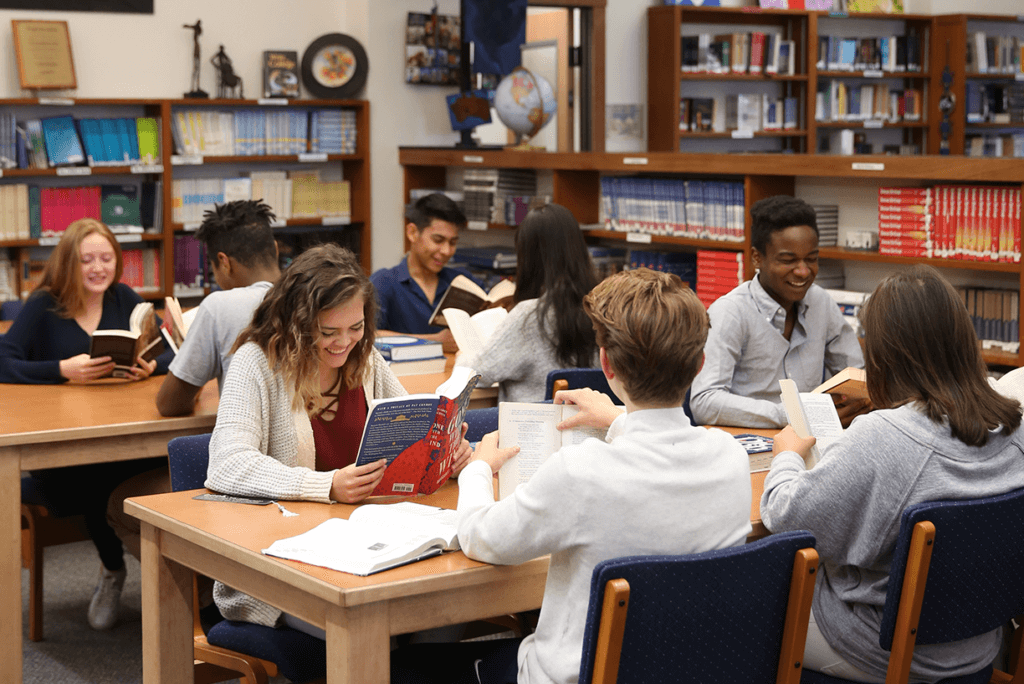
Delphian School offers a well-rounded education focused on independent learning. Source: Delphian School
Located on a hilltop campus 50 miles south of Portland, Oregon — with 720 acres of rolling hills, meadows, forest and farmlands — the Delphian School is more than an independent, co-educational international, day and boarding school. It is a school for the curious, compassionate and driven — the ideal set-up to prepare students for a new world.
The Delphian pedagogy does not run on a year-by-year grade-level basis. Instead, a student’s proficiency matters more than how long or short they spend on a class. Delphian is bold in taking the alternative to conventional teaching — here, students work towards achieving graduation requirements, progressing through their materials at their optimum pace.
The goal is to provide a well-rounded education that focuses on independent learning and that results in resilient future leaders. “Delphian doesn’t just teach students how to get a good grade to get into a good college,” says student Gemma. “It teaches them how to set themselves up for a whole life of learning.”
As the school turns 45 this year, its pioneering approach has only strengthened and refined. The Delphi Programme starts with core academic subjects such as literature, math, science, languages, history and the arts. It then expands to real-life subjects such as communication, ethics, integrity, leadership, logic and human rights.
A broad and distinctive co-curricular programme supports its holistic aims. Students can explore Music, Fine Art, Theatre, and Digital Art and Film Production. To learn more about how Delphian empowers young adults to bring positive change in the world through reason, creativity and integrity, schedule a visit here.
Hotchkiss School
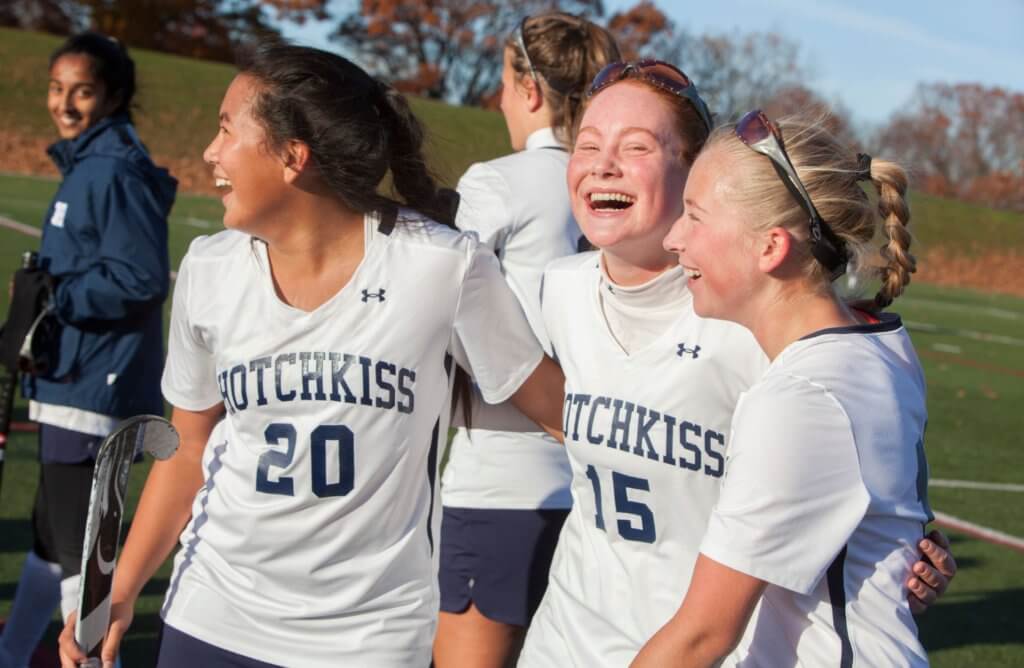
Hotchkiss School is committed to fostering excellent, wholly developed learners. Source: Hotchkiss School
An education at the Hotchkiss School offers plenty of reasons to get excited. At this independent boarding school located in Lakeville, Connecticut, 600 students in grades nine through 12, plus a small number of postgraduates, learn in small groups, making friends for life and forging invaluable future connections.
The vast majority of students live in dorms, where they rest, study, spend time with friends, and feel at home. Live-in residential faculty members and proctors — trained upperclassmen who act as leaders in their dorms — ensure all students are safe and respected.
In classrooms, Hotchkiss students tackle more than 200 courses offered by seven departments. Every student receives a comprehensive educational experience, following their pursuit of core disciplines including Classical and Modern Languages, English, Human Development, Humanities and Social Sciences, Mathematics and Computer Science, Science, Visual and Performing Arts.
Whether it’s discussing environmental issues, examining global trends, or analysing literature, they’re constantly pushing themselves intellectually, guided by faculty members dedicated to mentoring, teaching and preparing each student to excel at the school and beyond. The average faculty member has more than 22 years of experience — nearly three-fourths (72%) of faculty hold advanced degrees.
“We are an intentionally diverse, inclusive learning community, and we believe in the profound learning that occurs in a residential school whose members have been carefully selected for their individual gifts and potential,” says Head of School Craig W. Bradley
The school combines academic pursuits with a strong physical education. On its fields and in the water, students learn teamwork, perseverance and achieve personal growth as they sharpen technical skills or win awards.
Lyndon Institute
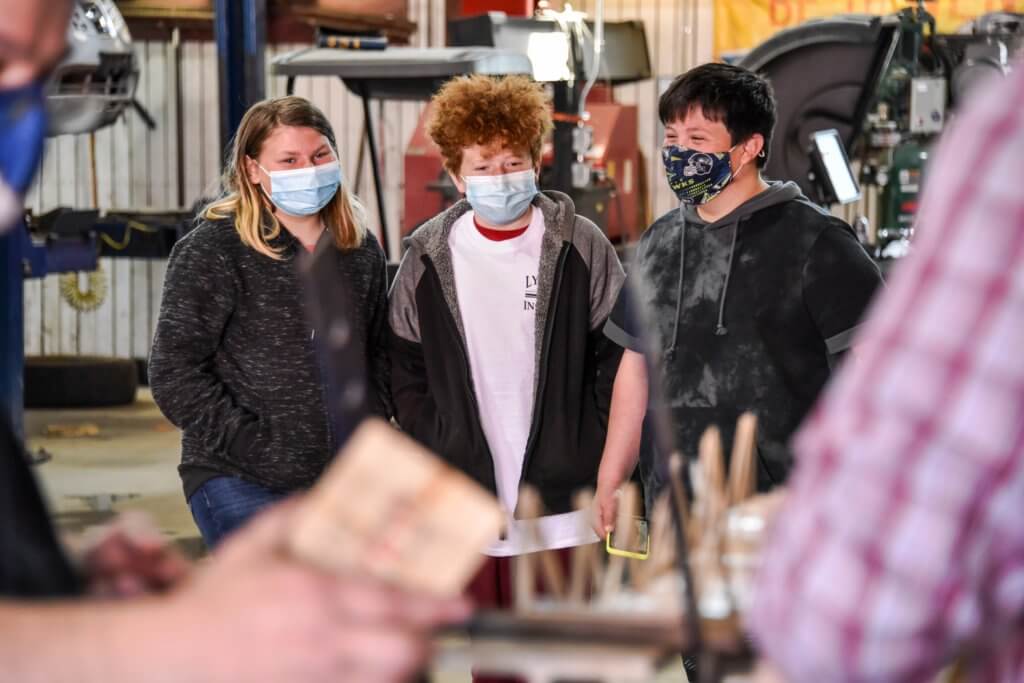
At Lyndon Institute’s beautiful campus, every student discovers their individual academic, artistic, technological, and athletic aptitudes. Source: Lyndon Institute
Established in 1867, Lyndon Institute is an independent and comprehensive high school for grades nine to 12 located in northeastern Vermont. The school’s diverse student population consists of around 425 students from 20 countries — they live in dorms that have a home-like atmosphere, plus interaction, dialogue, cultural exchange and learning.
Lyndon Institute’s 150-course curriculum focuses on core and honours academics, fine and performing arts, and technical and career programmes. In its English for Speakers of Other Languages (ESOL) Programme, students gain competence and confidence in listening, speaking, reading, and writing the English language.
The institute is one of the few high schools in Vermont that offers a complete range of Fine and Performing Arts courses. This means students can choose from full course loads in each discipline: fine and graphic arts, theatre, instrumental and vocal music, and dance. Whether photography or jazz and lyrical ballet, students finesse their physical, cognitive, social, and emotional being.
A robust athletics programme — with 22 varsity level teams in 15 sports — provides additional opportunities and challenges for personal growth and development. As they compete, students learn the value of discipline, respect for rules and good citizenship.
“We provide our students with a learning environment that encourages creativity, critical thinking, inquiry, and reflection, allowing them to find their passion in a caring and supportive environment,” says Head of School, Twiladawn Perry. “It is our purpose to help all students reach their intellectual, creative, and physical potential.”
*Some of the institutions featured in this article are commercial partners of Study International








